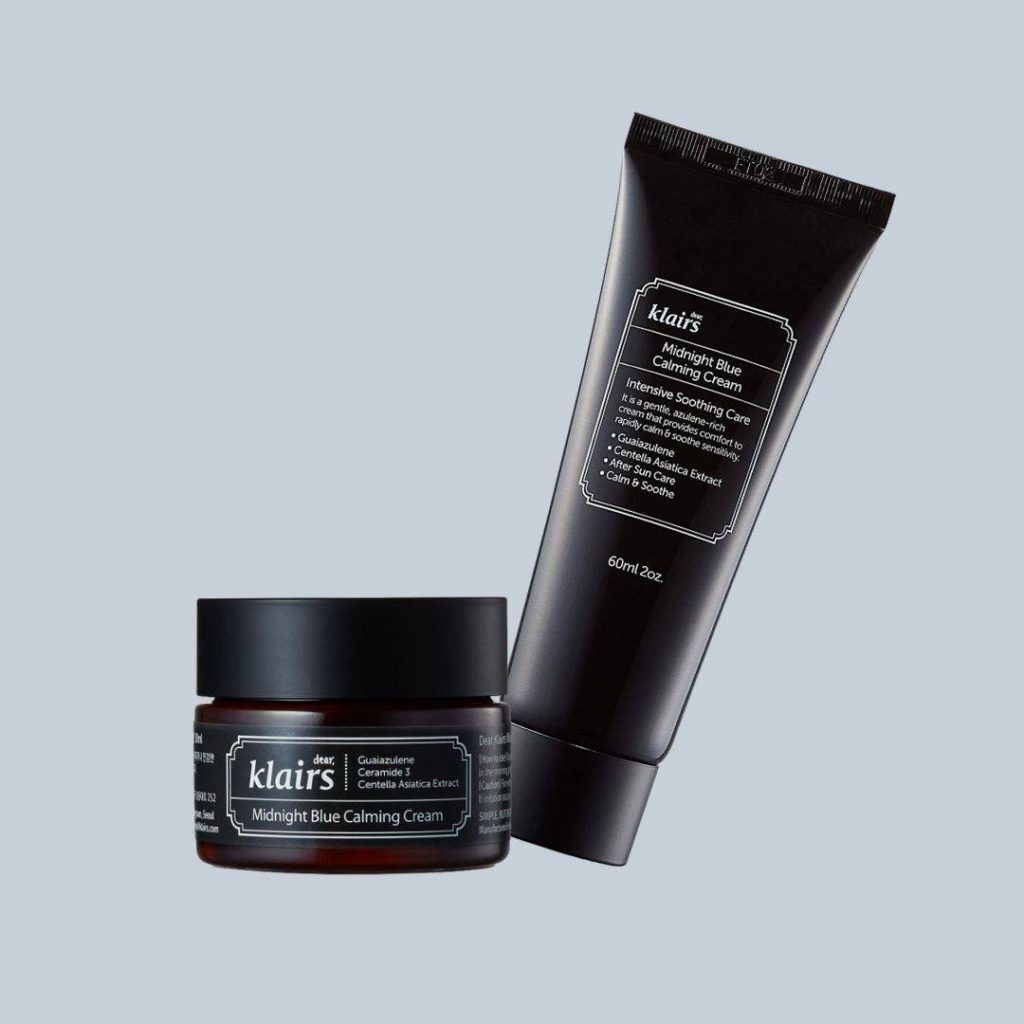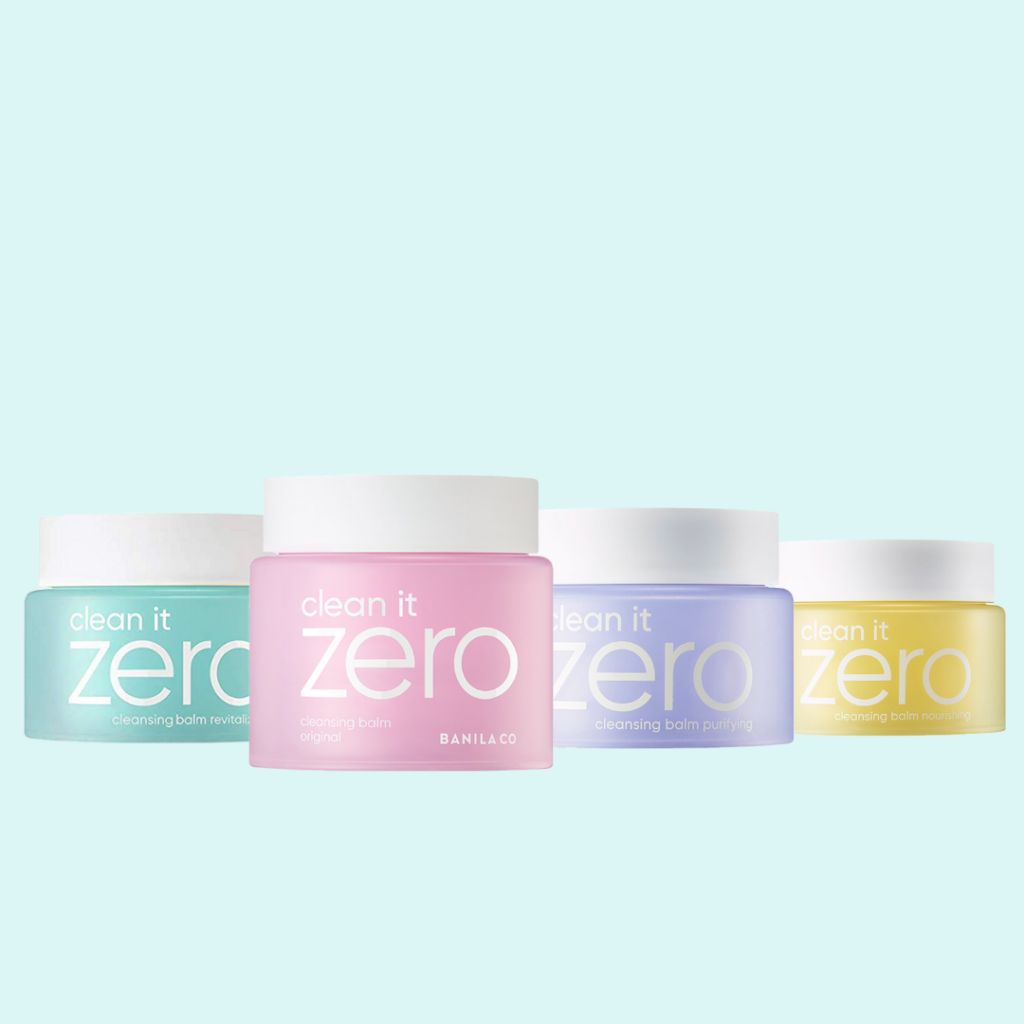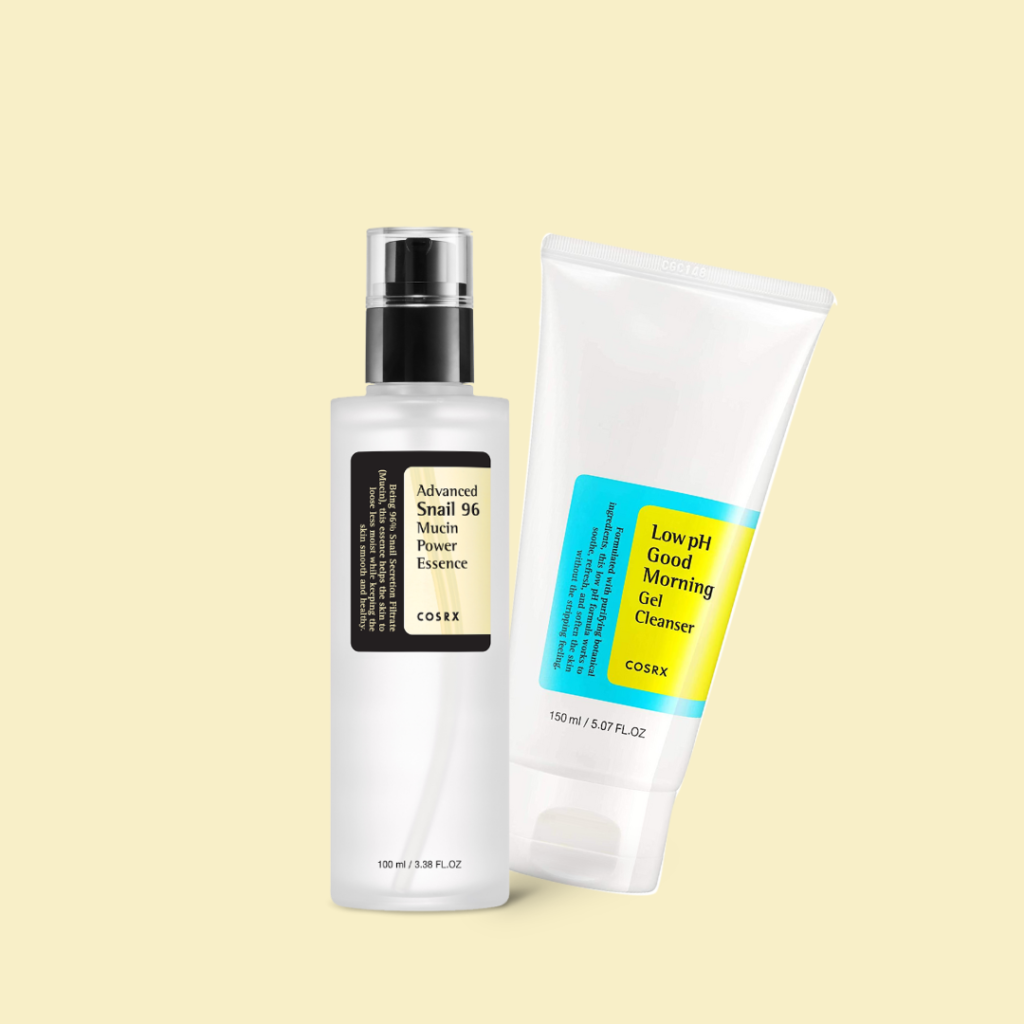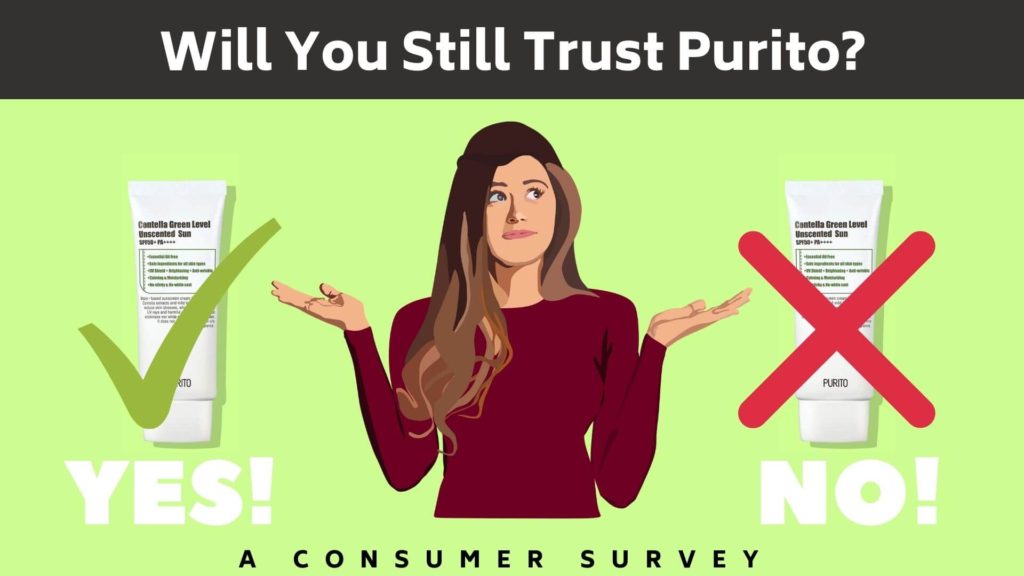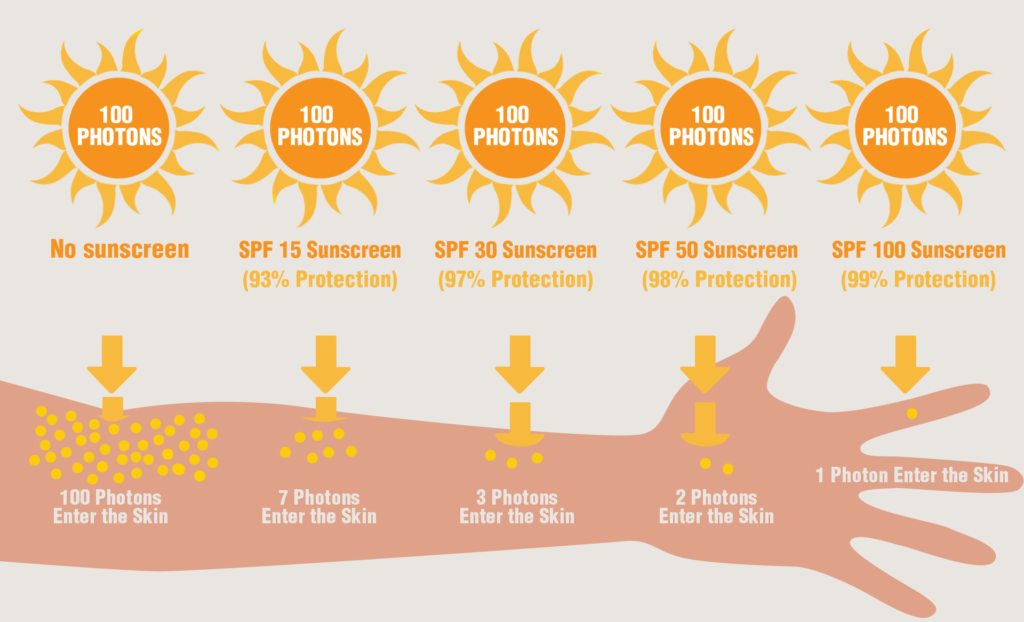Will you still buy from Purito?
It’s about time we address the elephant in the room. Will you still trust Purito & other sunscreen brands involved in what has now been dubbed (fairly or not) as the “Korean sunscreen scandal”?
In December of 2020, the K-beauty world was rocked with the downfall of one of its biggest cult favorites – the Purito Centella Green Level Unscented Sun.
Once the darling of the influencer crowd, the Centella Green often made it to the top lists & round-ups. It has been hailed as one of the holy grail products for its touted high SPF ratings, hydrating properties & no white cast finish.
And in an increasingly skin-conscious market where it’s no longer enough to reach for your typical tacky and heavy cream, the demand for light moisturizing sunscreens like Purito has grown significantly.
As a brand, Purito is also immensely popular for its environment-friendly practices & its cruelty-free products. It’s one of the few companies that have captured that elusive blend of efficacy & environmental responsibility.
It was easy to rally behind such a brand. Until it wasn’t…
We’ve explored what happened, why it happened and as a consumers, where do we go from here.
Table of Contents
How did it start? What went wrong with Purito?
In December 2020, Incider.com has released in vitro and in vivo test results for Purito Centella Green Level Unscented Sun. The results indicated that it only has an average of SPF 19, a far cry from its original claims of SPF50+ (SPF84).
A separate test conducted by the Korea Institute of Dermatological Sciences showed that the same sunscreen in question only has SPF 28.
How does SPF work & why incorrect labels are concerning
SPF or “sun protection factor” is basically the sunscreen’s ability to block UVB rays, the main contributor to sunburns.
As per cancer.org, “SPF 15 sunscreens filter out about 93% of UVB rays, SPF 30 filter out about 97%, SPF 50 about 98%, and lastly, SPF 100 at about 99%.”
Technically, a sunscreen with lower SPF can still give you some protection so there’s no need to just toss that sunscreen to the trash bin.
Here’s another way to look at the same data – “SPF 15 allows about 7% of UVB rays in your skin, SPF 30 allows about 3%, SPF50 allows at least 2% and SPF 100 allows about 1%.”
Looking at it this way, you can clearly see how over time, a false SPF label can be dangerous and lull you into a sense of false security.
To know more about SPF, you can check this blog: Sunscreen VS Sunblock: 10 FAQS About Sun Protection
Which Korean sunscreen brands were affected?
With the Purito SPF numbers out, what then ensued was a modern witch hunt on all other brands coming from the same manufacturers, Nowcos and Greencos, B-lab & Roundlab’s manufacturer.
These are OEM/ODM companies, meaning they create formulation as commissioned by brands (OEM) and as an ODM, they also have existing formulations which they sell readily to brands (with possibly a few tweaks). This brings into question the issue of “fast skincare business models”.
Along with Purito, Dear Klairs, and Keep Cool have officially released their statements recalling their products, and offering vouchers and refunds. B-LAB sunscreen products were also quietly pulled out from retailers. We have not found any official statement from B-LAB to date.
Be Plain also released their results, with one of their product (Clean Ocean Nonano Mild Sunscreen), passing the claimed SPF labels with the other being recalled. Roundlab has also failed & recently renewed their SPF to meet the correct label.
The latest sunscreen line to fail SPF test is KraveBeauty’s Beet the Sun/ The Beet Shield by top youtuber Liah Yoo.
How did these sunscreens pass regulations?
In Korea, sunscreens are considered functional cosmetics. As per the Cosmetics Act, functional cosmetics are subject to pre-market approval by the Korean Ministry of Food and Drug Safety.
The ministry receives & reviews documents that confirm the safety and efficacy of the product. The testing itself is done by independent inspection agencies appointed by the Ministry.
So where did things wrong?
As per Article 10 (Enforcement Rule) of the Cosmetics Act, functional cosmetics are exempted from further legal evaluation if they have the same key properties of the formula that was originally approved.
This exception was provided for companies who would like to release an entire line of products with slight variations but more or less the same formula. Unfortunately, this rule could allegedly be subjected to abuse.
In an article published by Cosmorning, the ODM that manufactured Purito has stated that the difference in SPF values happened in the process of improving the applicability of the product. Under the current law, it is not necessary to submit again for testing if the original formula is not changed.
With these coming out of the woodwork, should we just pass up on Korean and even Asian sunscreen in general? Not so fast…
Wrong SPF claims - a lot more common than expected?
This latest scandal opened up the conversation regarding the accountability of sunscreen brands and their claims.
And rightfully so. After all, preventing sunburns, skin cancer and signs of aging is a serious matter.
So is it better to stick to just western brands? Unfortunately, incorrect SPF labels are not only limited to Korean brands in general.
In a post by the consumer org in HK, they have found out that over 80% of the randomly tested sunscreens have performed below their efficacy claims. These involved both Asian & Western brands.
Consumer NZ has also published their results (Dec 2020) that half of the 10 sunscreens they tested fall short of their claims. This was followed by another 2 brands failing their SPF ratings just last April, Neutrogena being one of them. The EU, AU and the US were also not spared of the issue.
What now? Are there brands we can still trust?
This latest scandal opened up the conversation regarding the accountability of sunscreen brands and their claims.
And rightfully so. After all, preventing sunburns, skin cancer and signs of aging is a serious matter.
So is it better to stick to just western brands? Unfortunately, incorrect SPF labels are not only limited to Korean brands in general.
In a post by the consumer org in HK, they have found out that over 80% of the randomly tested sunscreens have performed below their efficacy claims. These involved both Asian & Western brands.
Consumer NZ has also published their results (Dec 2020) that half of the 10 sunscreens they tested fall short of their claims. This was followed by another 2 brands failing their SPF ratings just last April, Neutrogena being one of them. The EU, AU and the US were also not spared of the issue.
You can visit the blog – List of Sunscreens with Approved & Verified SPF Claims to check sunscreens that you can trust.
The Consumer Survey
Another question that has the public asking, can we still trust these brands? Are you willing to still trust the brands involved in the scandal? Well we’ve gathered the results for you.
This survey was open to the public and done independently to gauge the market’s current reaction to the controversy and no brands were involved. We’ve gathered 725 responses from 3 different online groups/platforms of Asian beauty enthusiasts. Data was gathered, finalized and analyzed as of April 4, 2021. All additional responses on the date right after on the open sources we’ve posted will no longer be henceforth included.
Since there are so many brands involved with the scandal, for simplicity purposes, we’ve used the most popular brand associated with the controversy which is Purito.
The Survey Results
Are you willing to buy once the new Purito sunscreen is out?
Here’s the result from our survey:
As can be seen on the graph above, out of the 725 responses we’ve gathered, 85% (619) claimed yes, 8% (58) said no, while 7% (48) remained undecided and mentioned they would like to wait & see.
We’ve asked these respondents whether they have prior experience with the brand regardless if it’s the sunscreen or other products. It is good to note that 61% of the surveyed individuals claimed that they have previously tried Purito products.
We’ve hypothesized this could be a factor on the respondents’ willingness to try out the product despite the ongoing controversy.
So we’ve dived in on their exact reasons why.
Reasons for their willingness to buy
For the participants who answered yes, here are the top reasons they have stated on why they are still willing to try out the Purito sunscreen (if and when they come out).
Participants were allowed to provide more than 1 answer for this question. Each answer was then categorized accordingly.
Here are their answers:
As can be seen on the graph above, the top reason (35.73%) provided by the participants who said YES or who were willing to trust Purito again is the way they handled the controversy.
They believe the brand handled it well by being transparent & providing refunds right away.
This was closely (20.49%) followed by those who mentioned that they’d like to see what Purito comes up next. There are a lot of mentions whether Purito can come up with their redemption arc with their next sunscreen.
The third top reason (11. 21%) mentioned were the participants’ positive experience with Korean & Asian skincare in general.
Reasons for their unwillingness to buy
For the respondents who have answered NO, here are their top responses. Participants were allowed to provide more than 1 answer for this question. Each answer was then categorized accordingly.
Based on the responses above, the top reason at 41.79% why respondents are unwilling to buy from Purito is their distrust of regulating parties.
Respondents have mentioned a growing lack of trust in KFDA (MFDS), the manufacturers, and brands. Narratives such as the controversy being an industry-wide issue have been thrown a lot. They’ve mentioned that this has already affected multiple brands.
The second highest reason at 17.91% is that they felt deceived by the brand. Some has mentioned that the discrepancy is really high and it’s impossible for brands or manufacturer not to have an idea about this.
Another reason (still at 17.91%) stated by the respondents is that there are other products & brands that work better.
A number has also mentioned (13.43%) that they will only be buying sunscreens with verified SPF in the future.
Like this article? You might also like...
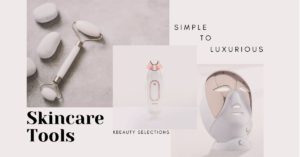
Top Korean Skincare Tools and Where to Find Them
Planning to upgrade your Korean skincare routine? Then, you would need the right tools to get you to your glass skin goals. There are a
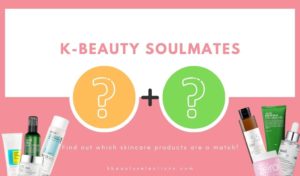
Four of the Best K-Beauty Skincare Product Pairs
The stars might have aligned for these K-beauty products as they spark skincare mana down on us. Most of the time, it takes a few
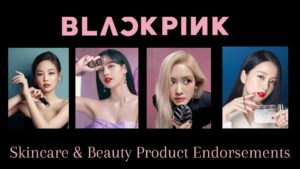
BlackPink’s Skincare And Beauty Product Endorsements
Having gained popularity worldwide, Blackpink is without a doubt one of the largest girl groups nowadays. But the group’s popularity isn’t just limited to their
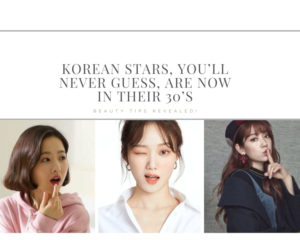
Young-looking Korean Stars in their 30’s – beauty tips revealed!
Korea captured the hearts of many through K-pop, K-drama, and now, with the world’s newest craze — Korean Glass Skin. Yes, K-beauty has taken the
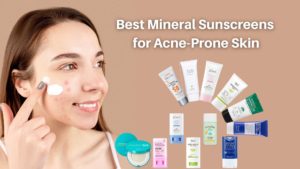
13 Best Korean Sunscreen For Acne-Prone Skin [2022]
Why should acne-prone wear sunscreen? Does sunscreen help pimples, or does sunscreen cause acne? The answer is both a yes! Sunscreen can 100% help prevent
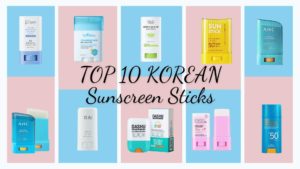
10 Best Korean Sunscreen Sticks For The Face [2022]
When you’re always on the move, you often forget to wear or reapply sunscreen. Good thing these Korean sunscreen sticks are perfect for on-the-go adventurers

